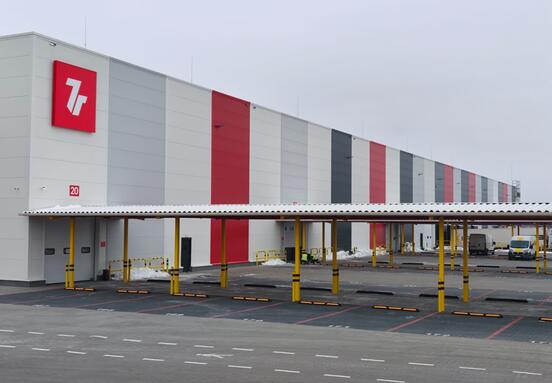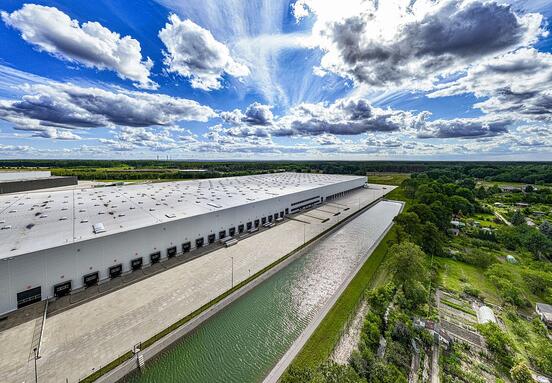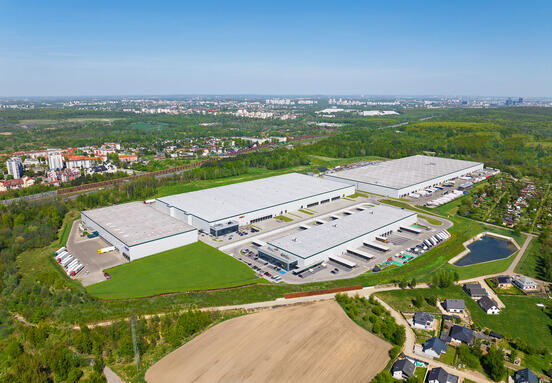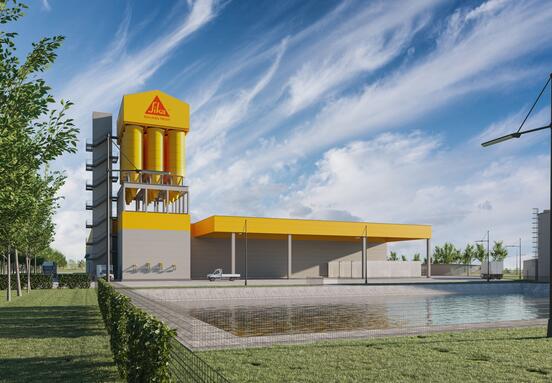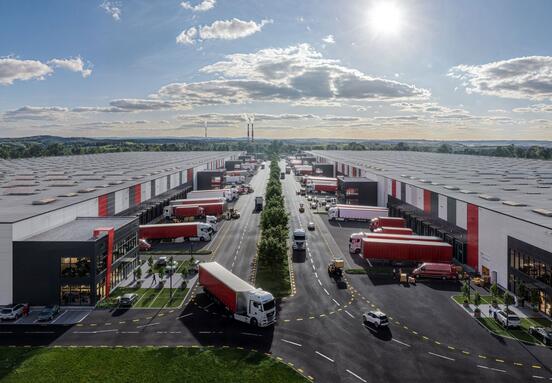Global real estate services firm Cushman & Wakefield has conducted a pioneering survey among developers and leading logistics operators in Poland to gain a market insight and identify key trends in the segment of e-commerce tenants.
The survey has revealed answers to the following questions:
What is the volume of warehouse space in Poland dedicated to e-commerce and what is its regional distribution like?
What sectors most often opt for separate warehouses for e-commerce?
What do online retailers expect from developers?
What factors are e-commerce tenants driven by in their choice of locations?
Damian Kołata, Associate, Industrial and Logistics Agency, Cushman & Wakefield, says: “Back in 2000, Poland had just a few hundred thousand square metres of modern warehouse space and e-commerce was only budding with retail sales going into dozens of million Polish zlotys. At that time, nobody, except for a small bunch of people, wondered whether it was worth devoting more time or attention to the growth of e-tailing, or allocating dedicated warehouse space and logistics operations to it. In 2000, Poland’s approximate three million internet users generally placed online orders by email and entrepreneurs viewed e-commerce as an addition which didn’t generate much turnover in their income structure."
“Today, Poland has more than 16 million square metres of modern warehouse space and another two million underway. The Polish e-commerce market is growing at an annual rate of over 18%, the fastest in Europe. It is worth a staggering PLN 50bn and growing, and as many as 28 million Polish people do online shopping making use of various channels, including websites, smartphone apps or social media. Poland already has more than 30,000 online stores with 21 new ones opened every day, which represents an over 6% year-on-year growth. In the last 12 months alone, 1,800 retailers entered the Polish e-commerce market. With online shopping so popular, a leading courier firm delivers up to a million parcels on a peak day. Poland has also become an international logistics hub processing orders and returns for top European online platforms and stores.”
“And given the attractively low labour costs compared to the European average and the relatively small share of e-commerce in total retail sales, Poland’s e-commerce will undoubtedly continue to grow, increasingly impacting on the warehouse landscape, demand for new warehouses, and requirements regarding technical specifications, equipment and automation”.
Report findings and opinions of leading e-commerce specialists will be presented at a business breakfast “How to handle e-commerce in a warehouse?”, which will be held at the Concept 13 restaurant at Warsaw’s Vitkac on 12 June.
Due the limited seating capacity, please register online at: http://info.cushmanwakefield.com/ecommerce
Source: Cushman & Wakefield

